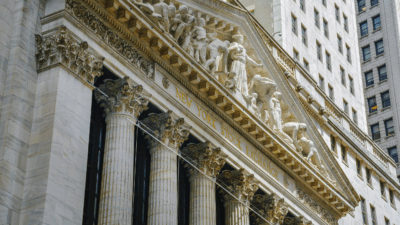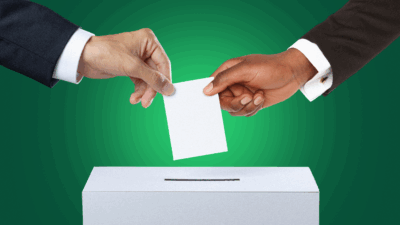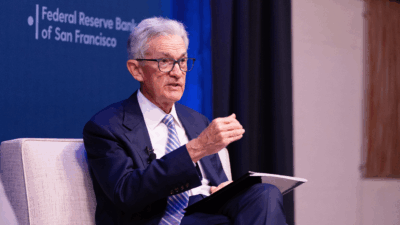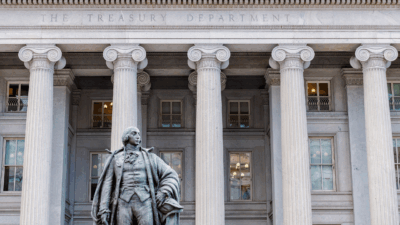
Sign up for smart news, insights, and analysis on the biggest financial stories of the day.
No matter which side of the ESG debate they’re on, most people agree that they’re not exactly a good determinant of executive pay.
Too Far, Not Far Enough
ESG can mandate myriad initiatives for companies — hiring more women or people of color, trimming fossil fuel use, or donating money to underserved communities. Institutional Shareholder Services data found that since 2015, pay factors tied to profits have declined at more than 13,000 global companies, while ESG pay factors have increased.
ESG has become a hot-button issue among investors and politicians, and it’s not helped by trying to quantify the desired effects. Opponents tend to see the directives as politically charged schemes that neglect revenue, customer satisfaction, and shareholders’ returns. But ESG supporters often feel policies don’t go far enough for even a pat on the back, let alone multi-million dollar bonuses to executives:
- Despite canceling tens of thousands of flights last holiday season and seeing its share price drop roughly 20% over the year, Southwest Airlines awarded CEO Robert Jordan with a pay raise to $5.3 million last year for hitting ESG initiatives. American Express CEO Stephen Squeri saw his pay nearly doubled to $48 million in 2022 even though shareholder returns declined.
- Even ESG supporters don’t fully embrace a link with executive pay and often feel left in the dark. A 2022 study from Harvard Law School found that most S&P 100 companies mention ESG goals with regard to executive pay but don’t disclose relevant targets and actual outcomes, or they leave significant discretion to their boards.
“We are skeptical of ESG metrics being used in compensation,” Ben Colton of State Street Global Advisors, which manages $3.8 trillion, told the FT. “Oftentimes they are very subjective, fluffy, and easily gamed.”
Hard to Win with ESG: BlackRock is facing backlash after it voted in favor of just 7% of ESG initiatives this past year during annual meetings of companies in which it owns stakes. New York City Comptroller Brad Lander blamed pressure from conservative groups and said BlackRock showed little backbone in a “misinformed and shortsighted war against ESG at the behest of special interests.” Illinois State Treasurer Michael Frerichs was more diplomatic in a statement to the FT, saying “We understand that there are years where there are lower-quality proposals, but if this becomes a trend over multiple years, then we’ll be concerned.”











